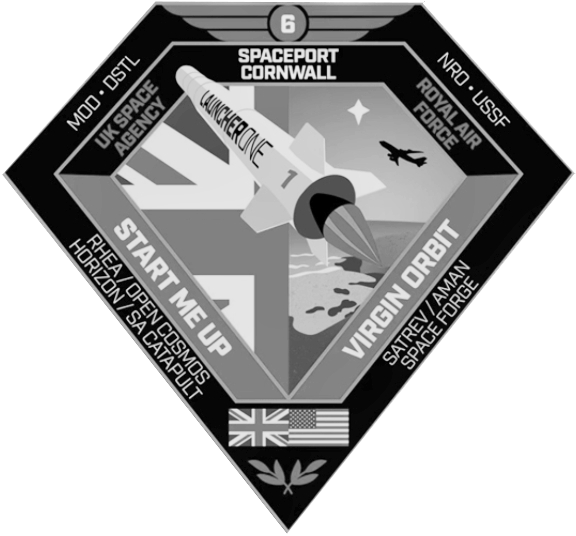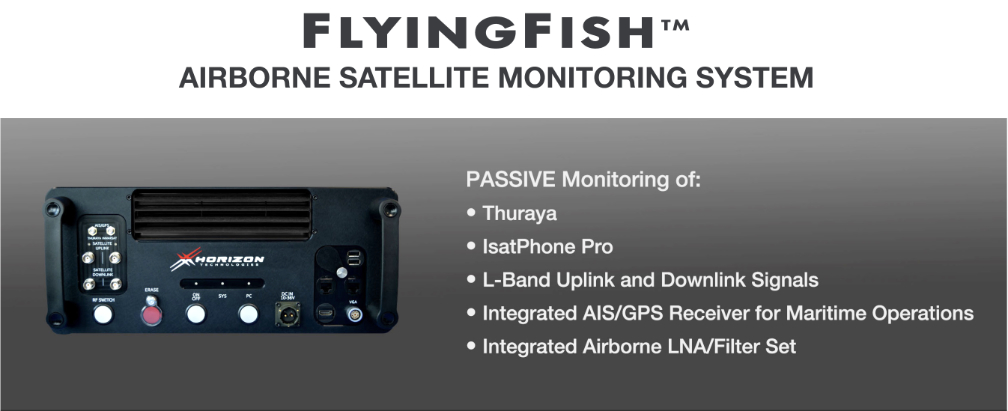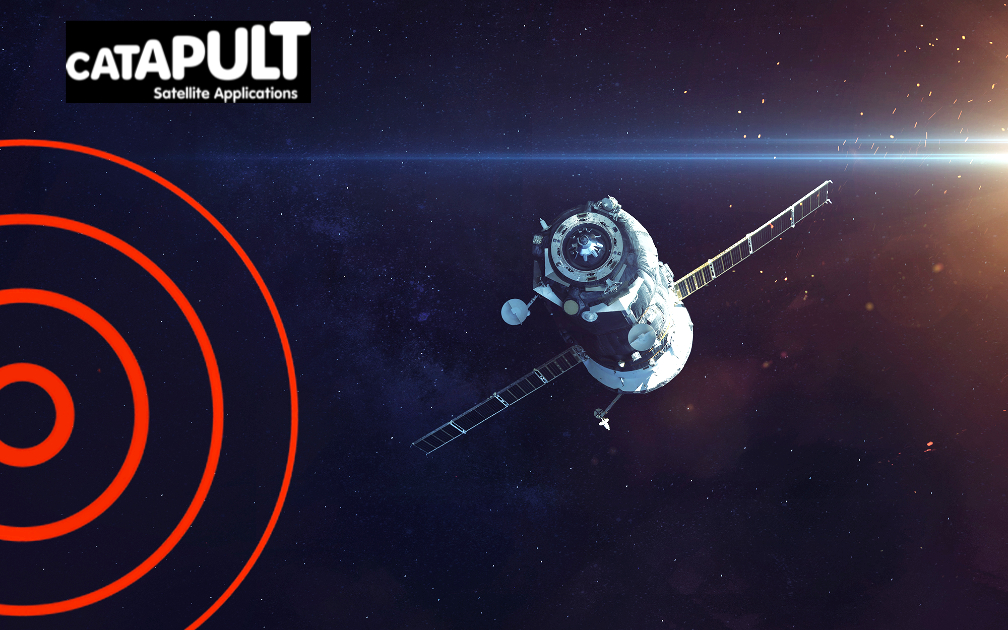
Horizon Technologies, a British maritime intelligence company that developed innovative detection technology that equips governments to fight illegal maritime activity, is set to make history as it prepares for a momentous UK launch from Spaceport Cornwall.

Horizon Technologies’ first Amber cubesat will be launched from Virgin Orbit’s 747 named Cosmic Girl, sent into space and placed in orbit as part of the ‘Start Me Up‘ Mission in the next few weeks.
cubesat will be launched from Virgin Orbit’s 747 named Cosmic Girl, sent into space and placed in orbit as part of the ‘Start Me Up‘ Mission in the next few weeks.
Perhaps paying closest attention will be a small team of engineers watching from a workshop in Reading where a wild idea was birthed to fight piracy on the high seas, not by military might, but by the simple process of tracking their phones.

Amber’s patented, technology is the brainchild of Horizon Technologies CEO, John Beckner, who discovered the demand for satphone detection while visiting South Africa during the Somali pirate crisis where criminals were communicating via satellite telephones.
With clandestine maritime trade more relevant than ever, as Russian tankers seek to illegally trade and traffic fuel to support its war effort in Ukraine, the satellite will be used to capture sanctions-busters red-handed, bolstering the international effort to combat Russian aggression at a pivotal time.
Upon his return to the UK, Beckner formed a team of visionary experts to put together and manufacture a system which could be installed on aircraft to locate Sat Phones at sea. Beckner’s team integrated off-the-shelf, electronic components, and named this system, “FlyingFish.”

While Horizon Technologies started out as Beckner’s consulting company, it quickly grew into a profitable UK tech startup. FlyingFish production and support has since moved out of the garage and these systems are flying on numerous government aircraft worldwide. It is a key tool for many governments and agencies as part of their ISR (Intelligence, Surveillance, and Reconnaissance) capabilities.
production and support has since moved out of the garage and these systems are flying on numerous government aircraft worldwide. It is a key tool for many governments and agencies as part of their ISR (Intelligence, Surveillance, and Reconnaissance) capabilities.
In 2019, Beckner envisioned expanding FlyingFish capability to a global real-time platform, only possible from outer space. Once more, he challenged his team to come up with a solution. The idea was to develop and launch a constellation of small, shoebox sized cubesats to provide users with worldwide 24/7 capability in combating illegal activity at sea.
capability to a global real-time platform, only possible from outer space. Once more, he challenged his team to come up with a solution. The idea was to develop and launch a constellation of small, shoebox sized cubesats to provide users with worldwide 24/7 capability in combating illegal activity at sea.

Buoyed by an initial grant by Innovate UK, the first of these satellites, named Amber-1, was developed in a partnership between Horizon Technologies and the Satellite Applications Catapult (SAC), and forms part of SAC’s In-Orbit Demonstration program (IOD). The satellites themselves are manufactured by AAC Clyde Space in Glasgow, Scotland.

Unlike Horizon Technologies’ hardware products, Amber is a data service. Once on-orbit, the tiny Amber
is a data service. Once on-orbit, the tiny Amber cubesats will provide governments and companies with unique worldwide data ranging from radar “fingerprints” to satellite phones’ GPS locations to help combat illegal fishing, smuggling, trafficking, piracy, and terrorism. The initial data from Amber
cubesats will provide governments and companies with unique worldwide data ranging from radar “fingerprints” to satellite phones’ GPS locations to help combat illegal fishing, smuggling, trafficking, piracy, and terrorism. The initial data from Amber will be provided to the UK Government’s Joint Maritime Security Centre (JMSC).
will be provided to the UK Government’s Joint Maritime Security Centre (JMSC).
Amber has a myriad of commercial applications as well. Since the smallsat detects data transmissions, it will have the capability of adding a key capability to the Industrial Internet of Things (IIoT). Just as it provides an important tool to verify ships’ locations, its receivers can also track vehicles, trains and aircraft using satellite data services. With today’s worldwide supply chain issues, the need to track all manner of transportation has never been greater.
has a myriad of commercial applications as well. Since the smallsat detects data transmissions, it will have the capability of adding a key capability to the Industrial Internet of Things (IIoT). Just as it provides an important tool to verify ships’ locations, its receivers can also track vehicles, trains and aircraft using satellite data services. With today’s worldwide supply chain issues, the need to track all manner of transportation has never been greater.
“The first Amber mission is a milestone,” said Beckner.” “It demonstrates how public/private partnerships with SMEs, allow ideas and innovation to be turned into real products and services. Innovate UK and organizations like the Satellite Applications Catapult, give small companies the chance to rapidly deploy innovative technologies; and in our case, all the way to space!”
mission is a milestone,” said Beckner.” “It demonstrates how public/private partnerships with SMEs, allow ideas and innovation to be turned into real products and services. Innovate UK and organizations like the Satellite Applications Catapult, give small companies the chance to rapidly deploy innovative technologies; and in our case, all the way to space!”
